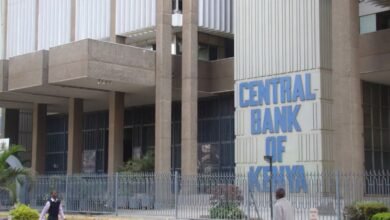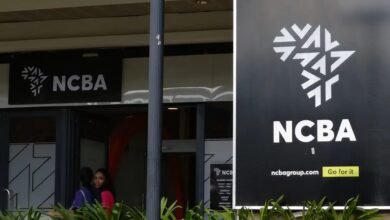
When the coronavirus pandemic hit Kenyan shows in March last year, most businesses got exposed to insolvency, most of which needed support to stay afloat.
Majority of these businesses were in the Micro and Small Enterprise (MSE) who took the pandemic hit and were hugely financed by friends and family members during the coronavirus-imposed lockdown in 2020.
This is according to a new survey by the Central Bank of Kenya (CBK) dubbed “Micro and Small Enterprise (MSE) COVID-19 Tracker Survey” which was done across all the 47 counties between February 2020 and March this year which shows that, entrepreneurs’ social networks support was at 54 percent with SACCOs having contributed 19 percent.
Other businesses contributed 5%, Customers 4%, Chama/group 3%, Bank and Microfinance Institutions 2% while the Government also contributed 2%.
At the height of the pandemic, the government made interventions including reducing Value Added Tax (VAT), turnover tax, temporary suspending the listing with Credit Reference Bureaus (CRB) the Micro, Small and Medium Enterprises (MSMES) and corporate entities whose loan account fall overdue or was in arrears.
Also Read:
- 1 billion people lost jobs because of COVID-19
- Jobs at stake as South Africa’s Massmart mulls slashing 1,400 jobs
- COTU, employers reject NHIF Bill proposing mandatory contribution of Ksh.6,000
Many business owners, however, expressed views that there was little government intervention to buffer their struggling businesses or some did not feel the intervention.
To mitigate the impact, the government moved in to set aside cash to liquidate the market, in the wake of ailing economy as many companies shut down their businesses and laid off workers.
The Credit Guarantee scheme was set up and was allocated Ksh.3 billion for small businesses but due to the sizes of MSEs, many of them missed out on the support.
The sector which accounts for 24 percent of Gross Domestic Product with the majority of private sector enterprises and total labour force in the economy, also saw their loan applications rejected by lenders over fear of mass defaults due to the effects of the virus.
The report shows that a third of businesses which survived the lockdown reported revenues at or above pre-COVID levels in the first quarter of this year.
This has been attributed to the relaxed COVID-19 containment measures and the gradual reopening of the global economies.





